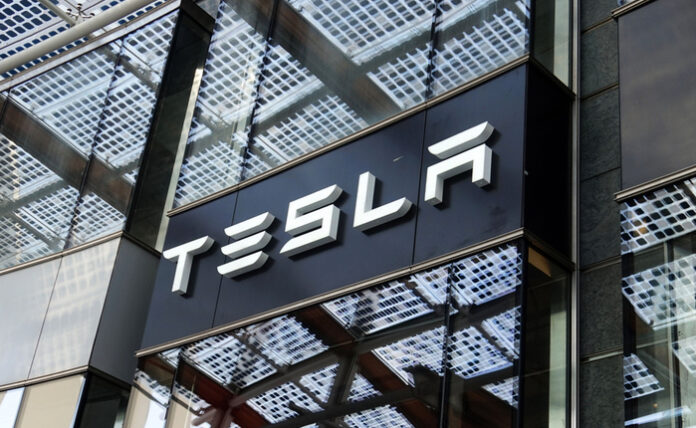Workers at Foxconn’s Shenzhen plant, in supplying Apple with electronic components, are preparing to shelter in place under a “bubble” or “closed loop management” scenario.
Yesterday we reported on a similar strategy for Tesla, which halted production in the area based on Chinese zero-covid rules and resulting enforcement activity.
In the short term, managers could argue it makes sense to house the workers inside the factories.
However, it’s important that this not become an excuse for warehousing employees.
“Foxconn referred Reuters to its earlier statement, in which the company said it adheres to strict industry guidelines and policies issued by the Shenzhen government,” writes Yimou Lee for Reuters. “The world’s largest contract electronics maker said on Wednesday it had restarted some production and operations at its Shenzhen campuses after arranging for some staff to live and work in a bubble, an arrangement requested by the local government as it battles the spread of COVID.”
Meanwhile, in other supply chain news, the heads of various chipmakers are lobbying the U.S. government to work quickly on a plan to distribute $52 billion towards domestic microprocessor production.
“Get it to my desk as quickly as you can,” President Biden said last week, according to coverage by David Shepardson at Reuters.
Shepardson reports the U.S. share of microprocessors has gone from 40% to 12% over the past few years.
Now, he suggests, sentiment is split on propping up the domestic chip makers.
“SEMI, an industry association, said in a letter … to Congress that chips funding ‘is vital to provide a foundational incentive for investments in domestic design and manufacturing facilities for semiconductors and semiconductor equipment,’” Shepardson writes. “Critics like Senator Bernie Sanders question why Congress would give subsidies to a large profitable industry.”
Follow this for vital info on tech stocks and more.










